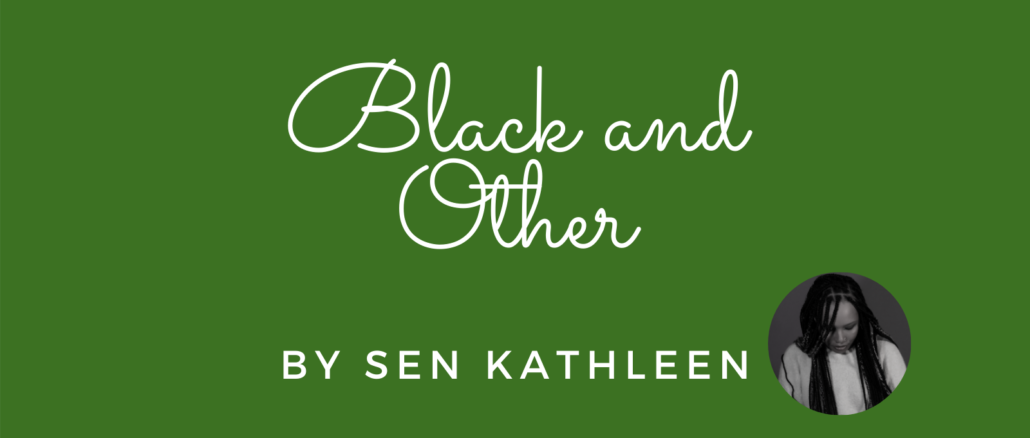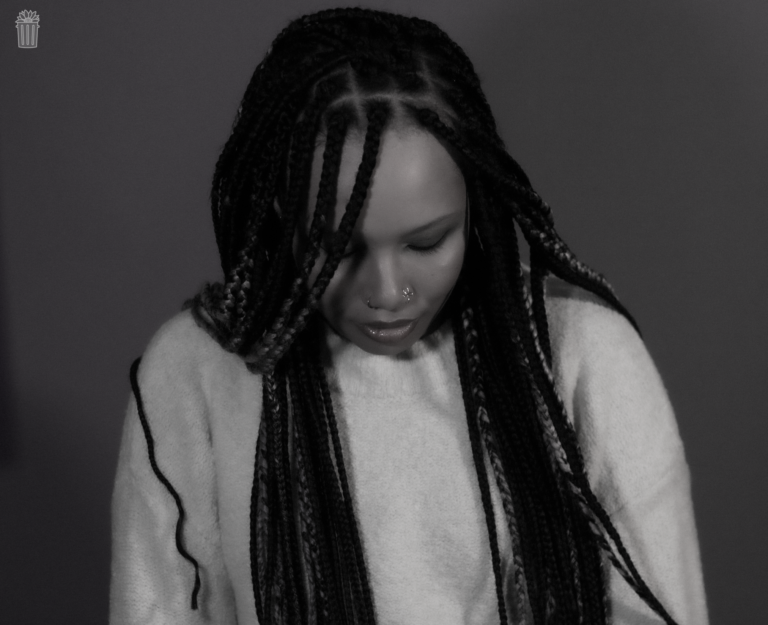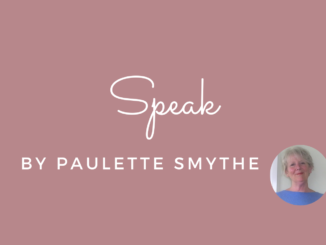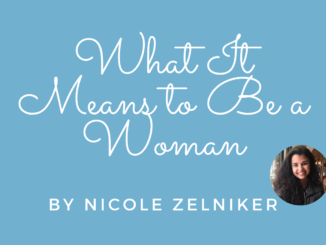
So, what are you mixed with? A question in its many variations that I’ve been asked a lot. My mother, a brown skin Black woman, had never explicitly discussed race with me. The only times I recall us having a dialogue about race at all: when she had picked me up from my Catholic school, explaining that I was not like the other girls in my class (the white girls); and when I came home, one day, telling her my teacher said I used the wrong crayons to draw myself. Other than that, race wasn’t something I became aware of until after she passed, when I was in middle school. However, as I got older, I learned that it impacted my entire lived experience. That it still impacts it.
My first year in public school, I finally saw other kids that looked more like me as the majority in my classes. I was excited and nervous. I was already labeled different by everyone else since the other kids grew up together, while my mom opted to send us to school out of the district. My main playmates were my nephew, niece, and younger sister. I didn’t really know the other kids in my neighborhood. So, the first time someone asked me what I was, when I was a preteen, I was confused at the question. I said I was Black—I knew what that was, but I quickly learned that another question would always follow. Something along the lines of, what else are you?
We were kids; no one was trying to inflict harm. Questions like this have become so engraved in the Black community, that responding like this was a reflex. When a light skin girl with long curly hair tells you she’s Black, society has taught us that answer is not good enough. She must be something else. We can credit this to the Eurocentric beauty standards forced upon the BIPOC communities. The lighter your skin, the prettier you are—that’s how anti-Blackness works. Those kids in school were just the first to open the doors to something inevitable.
Back then, my family hadn’t been ready to confess that I was adopted, so I wasn’t yet aware that I’m Black and Indigenous. This caused a few issues. I wanted to have an answer—not just for myself, but because the world seemed to need one. Meanwhile, I saw myself as a Black woman. With my first serious boyfriend—who was white—race and color were normal topics of discussion. I’ll spare the details of the tasteless jokes about my food, color, name, and political party (which even his mom seemed embarrassed that he would joke about). With this in mind, I’m still not sure why it shocked me when he asked what color our children would turn out to be, if we were to have any. Would they turn out brown, like my mom? I’d already been exposed to racism by the time I got to college, facing this question. It may be because it was one of the first times I was exposed to outward colorism from someone close to me. How could someone ask me that? How can someone even hint to a Black woman that my brown children would be an issue?
That’s when I learned that even though I saw myself as a Black woman and experienced this world as a Black woman, the world experienced me as something other. Black and other.
Assimilation was a part of my experience. My mother was sure to do everything in her power to give me what she thought was the best, until she couldn’t—to her, that meant throwing me into a majority white school where the race dynamics at play weren’t obvious to me. Yes, the education was great, even if the teachers were mean. When I switched to public school, I was at the head of most of my classes, a symptom of systemic oppression. However, I was a foreigner to parts of my own culture.
As I got older, the process of becoming comfortable in my Blackness was challenging. The main issues I ran into were the stereotypes placed on me. It was like, when people realized I identified as a Black woman, I was suddenly too much: now I was loud when I was excited, rude when I was sad, fat when I was bloated. I was too much to digest at times, which was okay with me; at least that’s what I would say. It wasn’t until I shed the whiteness that drenched me, until I embodied who I am, that these things stopped bothering me.
Now, as an adult aware of her heritage, I’m still actively reconnecting to my Black and Indigenous roots. When people ask me what I am, I say, I am a Black woman. Sometimes I say, I’m a Black and Indigenous woman. To me, it doesn’t really matter anymore, because I’ve walked through this world for over twenty-eight years with the eyes of a Black woman who was raised by a Black woman who loved her.
The next time a light skin girl with long curly hair tells you she’s Black, and you think to question her, think about how white supremacy has carved into us the idea that being Black is not good enough. When she tells you she is Black, do not question her. Because being Black is enough.
I’m Sen, a NJ-based Hatha & Trauma-Informed Yoga Instructor, Reiki Practitioner, Writer and Pole enthusiast. (And if you’re part of the adoptee community, I’m a Black & Native adoptee just finding her voice).
My focuses are on Racial Trauma ( specifically Black & Indigenous ) and Survivors of Sexual Violence. My approach isn’t exactly conventional. My goal is to decolonize ( to remove the settler/colonial influences) from my practice. That being said, I only ask you to bring yourself – as authentic as you can be – and we can embark on this journey together. We’ll listen to our bodies and push ourselves as far as we can. Then celebrate your progress after. I created The Soul In Space and Yoga with Sen to make these tools accessible for everyone. I’m hoping to expose and educate my communities on how we can take care of ourselves; also our allies in how to better support us.
I’ve contributed a wide variety of content; interviews, informative articles, opinion pieces, poetry, and fiction pieces to a number of publications like Lunch Ticket & Harness Magazine. Currently, I work full-time as an account manager for a media company, graduated from Antioch’s MFA program, for fiction & poetry, in 2020. I also am the Trauma Informed chair for the Honor Yoga Foundation.



